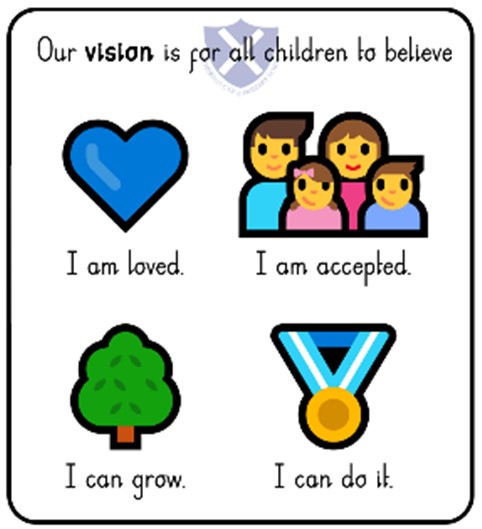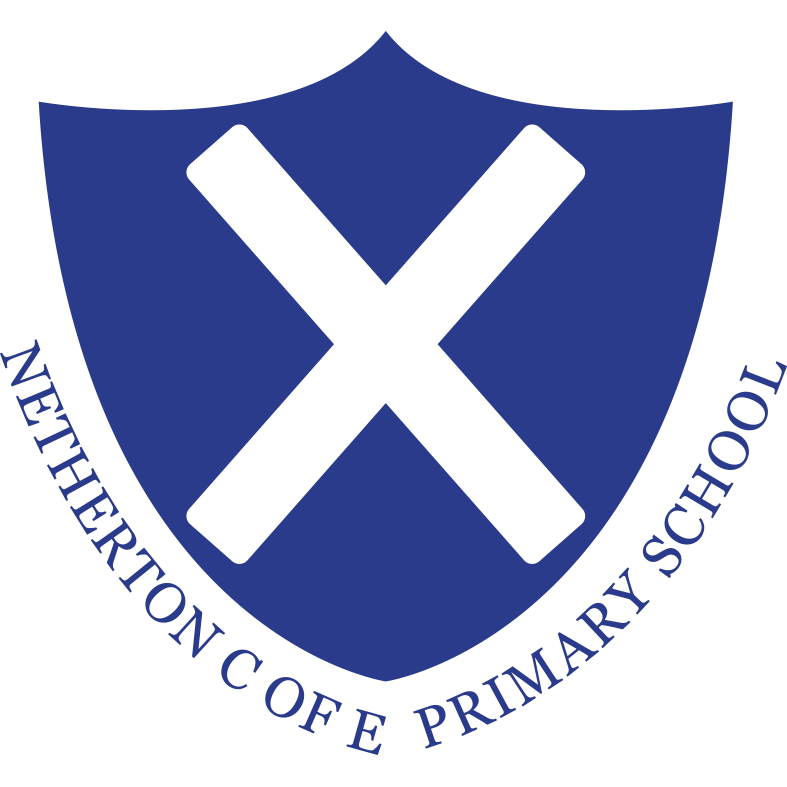Our Curriculum
The Curriculum
Our vision and values are at the core of everything we do and centre around the child. We believe children have the right, and the need, to feel they are accepted and loved, only then can they grow & realise, ‘they can do it.’. We offer our pupils a school community, learning environment & curriculum, where they will experience all of this and more.
At Netherton CofE, we consider the child’s overall learning experience. This incorporates the subject-specific curriculum; the local and hidden curriculum; and the wider experiences we offer to aid their personal development. Our curriculum is progressive; it is broad and balanced, and it promotes the Spiritual, Moral, Social and Cultural development of each child.
We consider not only what pupils learn but also how they learn – educational research has guided the development of our curriculum, and as an inclusive school, this may be tailored for individuals, offering equity for all of our pupils. ‘Our aim is to, ‘make a difference to everyone.’
Vision & Values Educational Research
The Local, Hidden & Wider Curriculum
We are fully aware of our school’s context – the individual nature of the school and its community and therefore, the needs of our pupils. We are driven by our shared values. Therefore, our local and hidden curriculum is extremely important and ever-present – ‘hidden’ in plain sight.
We have carefully considered what pupils learn when not in lessons – from the moment they enter the school gate, to the moment they leave. We have considered this from the perspective of the child’s experience. Eg Pop-up Pool, how pupils are spoken to
We are committed to offering pupils a wealth of opportunities and experiences which enrich their learning experience during their time at Netherton C of E.
WIDER CURRICULUM - PERSONAL DEVELOPMENT
The Subject Specific Curriculum
The Intent, Implementation and Impact for each subject have been clearly defined and can be found on the individual subject pages by clicking on the icons below.
Each subject of the curriculum follows a well-planned & progressive scheme of work; and is taught discretely, ensuring there is breadth and balance.
Subject Leaders have considered the design of the curriculum for their subject across the whole school. They have ensured that key concepts are covered in each year group/phase and revisited in subsequent year groups/phases, thus deepening & strengthening understanding of existing as they make links to & building on previous knowledge, whilst extending their knowledge as they introduce new learning.
ASSESSMENT
Within each unit of work, each lesson identifies the ‘golden nugget’ of learning. The pupil’s knowledge and understanding of this nugget is built on and developed throughout the lesson. Their understanding and ability to recall this is checked at the end of the lesson through an exit ticket.
Each week, the ‘golden nuggets’ from the previous lessons are revised and repeated orally. This oral repetition is deliberate. Not only does it teach pupils to articulate their learning, but repetition is proven to lead to automaticity.
At the end of the unit of work, the pupils complete the final exit ticket, designed to check their understanding and ability to recall the key knowledge from the whole unit of work.
This constant revisiting of knowledge over increasing spaces of time is called spaced retrieval and aides the brain to transfer the knowledge from the short term to the long-term memory and vice versa.
As our children progress through school, they will build a deep knowledge and understanding of a wide range of subjects, as well as develop personally, so by the time they leave us, they will have been ‘enabled to flourished both as individuals and in a community with each other; living life in all its fullness’. DOWMAT VISION John 10:10
